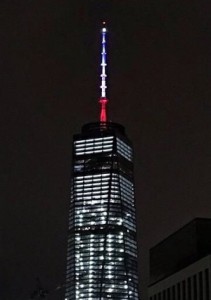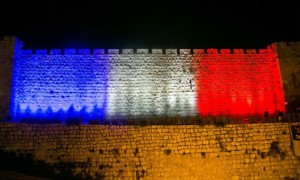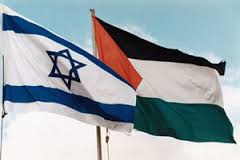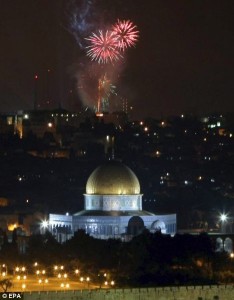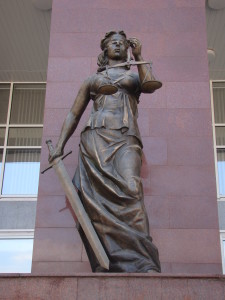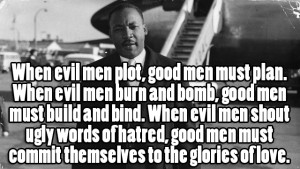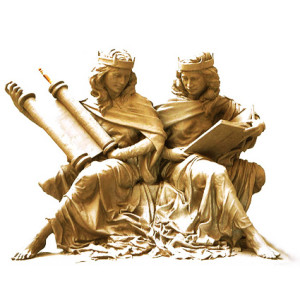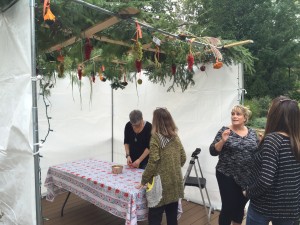
One of our great teachers, Rabbi David Wolpe, shared the following Kavannah, prayer, for this Shabbat. I am honored to share his eloquent and thoughtful words below:
We invite people around the world to recite this kavannah in unity with the State of Israel this Shabbat, October 17, 2015
El Maleh Rachamim — Compassionate God,
We pray not to wipe out haters but to banish hatred.
Not to destroy sinners but to lessen sin.
Our prayers are not for a perfect world but a better one
Where parents are not bereaved by the savagery of sudden attacks
Or children orphaned by blades glinting in a noonday sun.
Help us dear God, to have the courage to remain strong, to stand fast.
Spread your light on the dark hearts of the slayers
And your comfort to the bereaved hearts of families of the slain.
Let calm return Your city Jerusalem, and to Israel, Your blessed land.
We grieve with those wounded in body and spirit,
Pray for the fortitude of our sisters and brothers,
And ask you to awaken the world to our struggle and help us bring peace.

